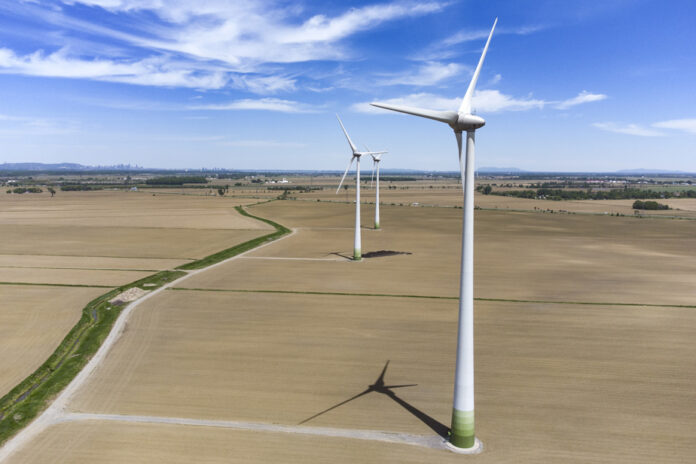Quebec grain producers are worried about the coming increase in wind turbines which will reduce cultivated areas and undermine the province’s food security.
Before announcing a wind expansion, the government of Quebec and Hydro-Québec could have at least consulted those who occupy and cultivate the territory, deplores Christian Overbeek, president of the Producers of Grains of Quebec, in an interview with La Presse.
Since the announcement of Hydro-Québec’s action plan which plans to triple wind energy production over the next ten years, promoters have already appeared in the Quebec countryside to sniff out the wind, says he.
“There are some who think that most grain producers wait until after that,” says Christian Overbeek. This is far from being the case, according to him.
There are other considerations than the royalties paid to producers who host wind turbines in their fields. “A wind turbine is not just a pole in the middle of a field,” he says. There are access roads, conversion and transmission facilities, not to mention heavy equipment that disturbs the land during construction. It’s more invasive than the promoters say. »
Hydro-Québec believes that increasing the number of wind turbines is the least expensive way to quickly increase its electricity production.
The new wind turbines will cover an area equivalent to 15 times the surface area of the island of Montreal, explained Hydro-Québec CEO Michael Sabia, presenting his plan to increase wind production by 10,000 megawatts by 2035.
The social acceptability of the host community is one of the criteria set by Hydro-Québec in its calls for tenders for the purchase of wind energy. Christian Overbeek would like the state company to give more importance to local concerns in its selection of projects that will be submitted to it.
Other solutions can also be considered to increase electricity production, according to him, such as building wind turbines at sea or outside cultivated areas. Energy issues should not come before food security, he believes.
Field crops are the business of 9,500 producers who grow corn, wheat, barley, oats, soybeans and canola on land that represents half of the total cultivated area in Quebec. .
The Grain Producers of Quebec are members of the Union of Agricultural Producers, which recently spoke out against a Boralex wind project in the Arthabaska region.





